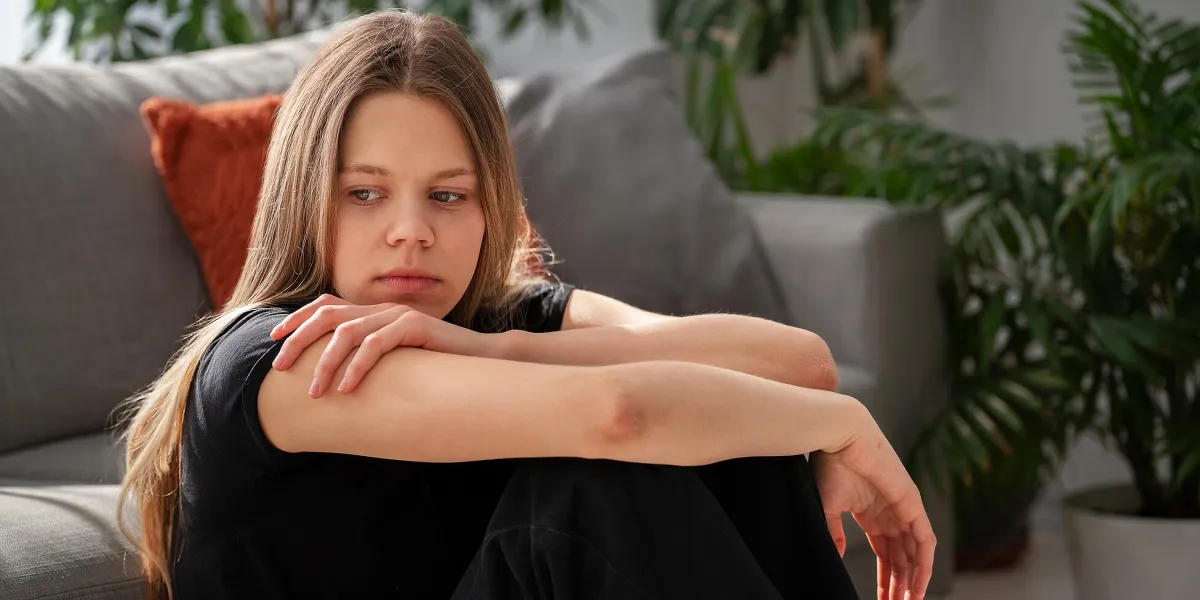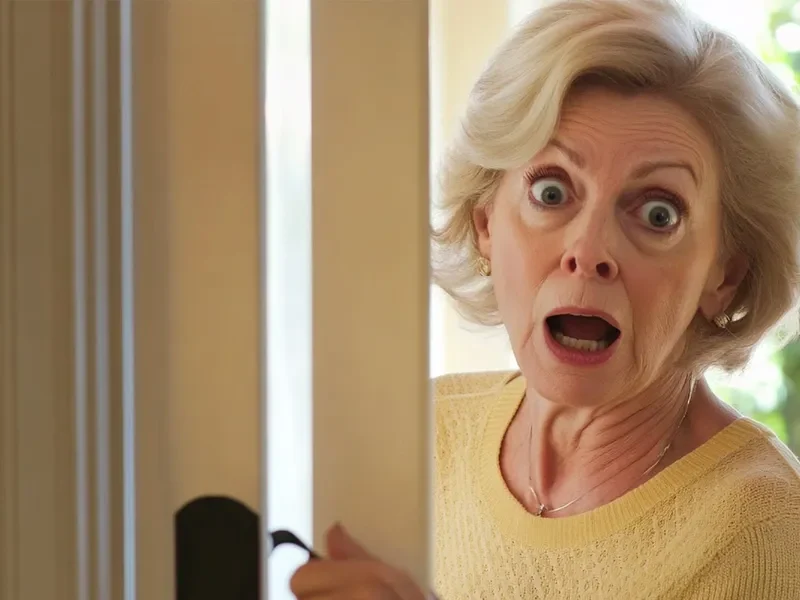Losing my mom, Grace, flipped my life dark. I was ten when she kissed me goodbye, then a wreck took her that day. It crushed us. My therapist, Mrs. Lane, urged, “Keep her alive in your words, Emma—it’s how you’ll mend.” But at home, her name clogged the air. Friends shoved candy my way instead of talks—they didn’t get it, and I felt lost. Dad, Greg, went cold—no more bedtime stories, no check-ins, just a void where Mom’s lavender scent used to linger. We stumbled along for a year, me and my pain in a silent house.
Then Ellen arrived. She swept in at eleven with polished charm and potlucks, offering me cookies like a peace flag. “These might help,” she smiled. They sat untouched—too neat, like she was staging a mom takeover. She moved in soon, candles and all, and married Dad in our yard with lanterns and guitar strums. I wore a tight blue dress she picked, grinning through gritted teeth. She played nice early on, chirping, “We’ll build new joys!”—all fake pep that twisted my gut. At twelve, she cut me off, “Your late mom, you mean,” when I said “Mom,” her smile sharp. I bit back tears.

By thirteen, Mom’s poetry books and sauce-stained recipes got stashed upstairs. I pleaded to use them, craving her garlic warmth. “They’re messy, sweetie,” Ellen dodged, scrolling her phone. I snuck up later, touching the boxes, murmuring, “I miss you.” At fourteen, she swapped Mom’s bedside pic for a “new day” sign. I zipped it. She’d frown at my necklace—a pearl drop Mom gave me, her voice faint, “For you, Emma, always.” I never took it off, even when Ellen’s gaze hardened. “Let it go,” she’d nudge, pushing a sleek bracelet instead. I refused—she’d look away when I held it close.
Years passed, and last week was a quiet dinner—her parents, Dad, me. I toyed with the necklace as her mom said, “That’s sweet—new?” “Mom’s last gift,” I replied, warm. Ellen scoffed, “I’m your mom now—I’ve outdone her ten years in a few.” Silence hit hard. My heart stilled, then I said, “If motherhood’s erasing her, you’re a pro.” Her face drained, her mom’s fork clattered, Dad stirred. “She’s my mom—you boxed her up, banned her dishes—seriously?” I added. “Watch it, Emma,” Dad warned. “No—you watch letting her erase us,” I snapped, ditching my napkin and leaving. His text came quick: “Say sorry to Ellen or stay out.” It didn’t break me—it freed me.
I ran to Aunt Sara, Mom’s sis. She hugged me at the door, “What’s wrong?” I unloaded over cocoa and biscuits, crying like a kid again. “You’re with me now,” she vowed. That night, I wrote Dad on her sofa—how he faded, how Ellen hid Mom’s traces, how that necklace kept me sane. “You lost us both for her,” I typed, then shared it online, raw and real. It blew up—locals, teachers, Ellen’s pals read it. Her social life tanked, her mom dodged Sara in town. Dad messaged later, “I was wrong, forgive me.” I let it sit. Aunt Sara brought Mom’s books home, and I cooked her spice cake. It felt right—and that’s what matters.


